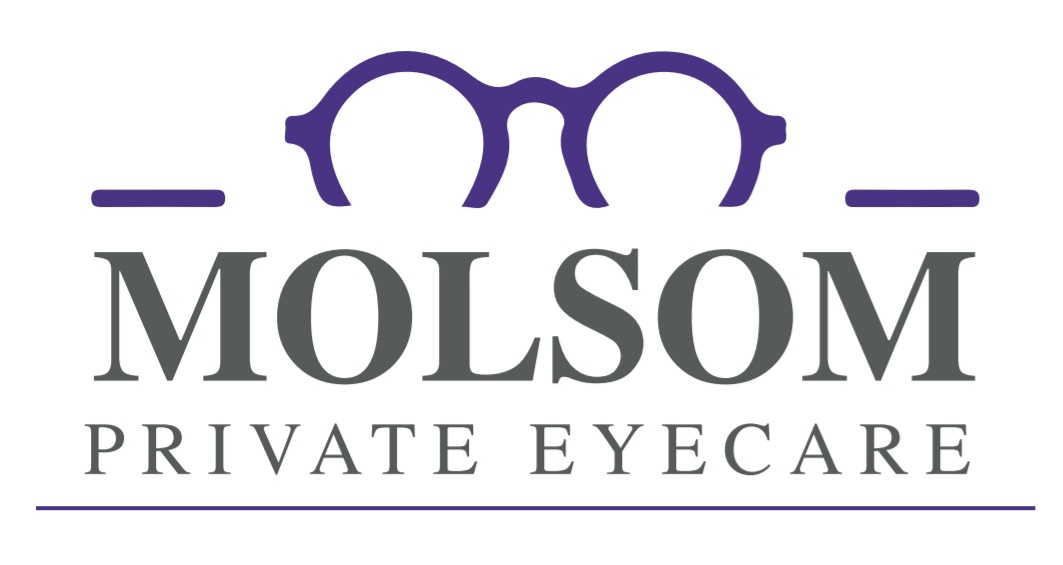Age-related Macular Degeneration (AMD) -August 2011
The very latest research presented at the AMD conference in July 2011 at Cambridge University, by scientists from the Waterford Institute of Vision Research in Ireland, and to be published in scientific journals in the near future helps us to understand how the eye can be helped to slow down the wear and tear that is essentially macular degeneration.
Macular Degeneration is a disease of the retina, and results in a loss of colour and detailed central vision. About 500,000 people in the UK already have this condition, but figures suggest this number could double by 2020. Some very informative videos are on the website of the Waterford Institute of Vision Research at http://www.ivr.ie/video.asp
Macular Pigment
Our eyes are unique, and have different levels of Macular Pigment in the retina dependent on age, lifestyle, eye colour and genetics. Macular Pigment is made up of 3 carotenoids called Lutein, Zeaxanthin, and Meso-Zeaxanthin, which basically act as a filter to reduce the harmful effects of light. The higher the level of this pigment in the retina, the better protected our eyes are for the future.
Unlike Lutein, found in spinach and other green vegetables, and Zeaxanthin which is the yellow pigment found in corn, Meso-Zeaxanthin is not found in common food sources.
As we get older our levels of Macular Pigment decline, but at differing levels for different people. Some of the factors that cause these differences are diet, general health, lifestyle, smoking and genetics.
The latest research has shown that people with Macular Degeneration have a lower than normal Macular Pigment, and that by improving the level of Macular Pigment, the eye is better protected against further damage and visual loss. Even with late Macular Degeneration, increasing Macular Pigment has shown to have a beneficial effect on the least affected eye, thus slowing down or possibly stopping visual loss.
It has also been shown that there is a conclusive genetic link to AMD, this means that anyone with a family history of AMD should speak to their optician about the very latest advice to help reduce the risk of Macular Degeneration in the future.
Lutein and Zeaxanthin are naturally occurring in fruit and vegetables, but to achieve a beneficial increase in Macular Pigment, the quantity to be consumed is too great to be realistic. It has been shown that the best way to improve Macular Pigment is to use food supplements, which contain all 3 of the carotenoids, which are available as a capsule to be taken daily. The only available supplement containing Lutein, Zeaxanthin and Meso-Zeaxanthin is Macushield (for additional information see www.macushield.comwww.macushield.com)
Perhaps the biggest concern is the potential increase in AMD cases as we are living longer, and our cumulative exposure to visible light is increasing. Essentially we now need our eyes to perform optimally for longer than they were originally designed for, and to help everyone to achieve the very best of their vision for their lifetime, we all need to have our AMD risk assessed.
If you are concerned about AMD, or you would like further information, please contact us for further information.
